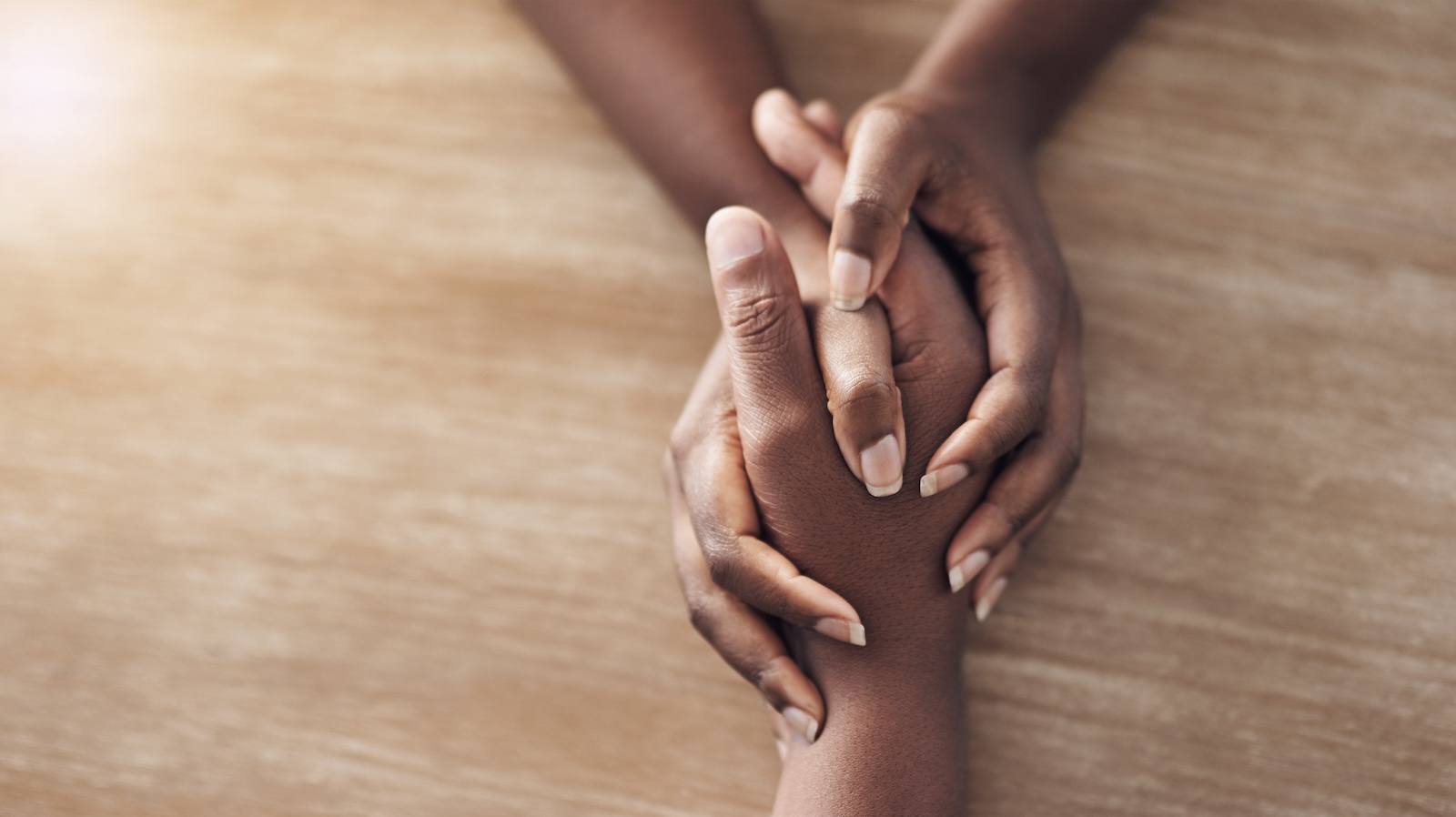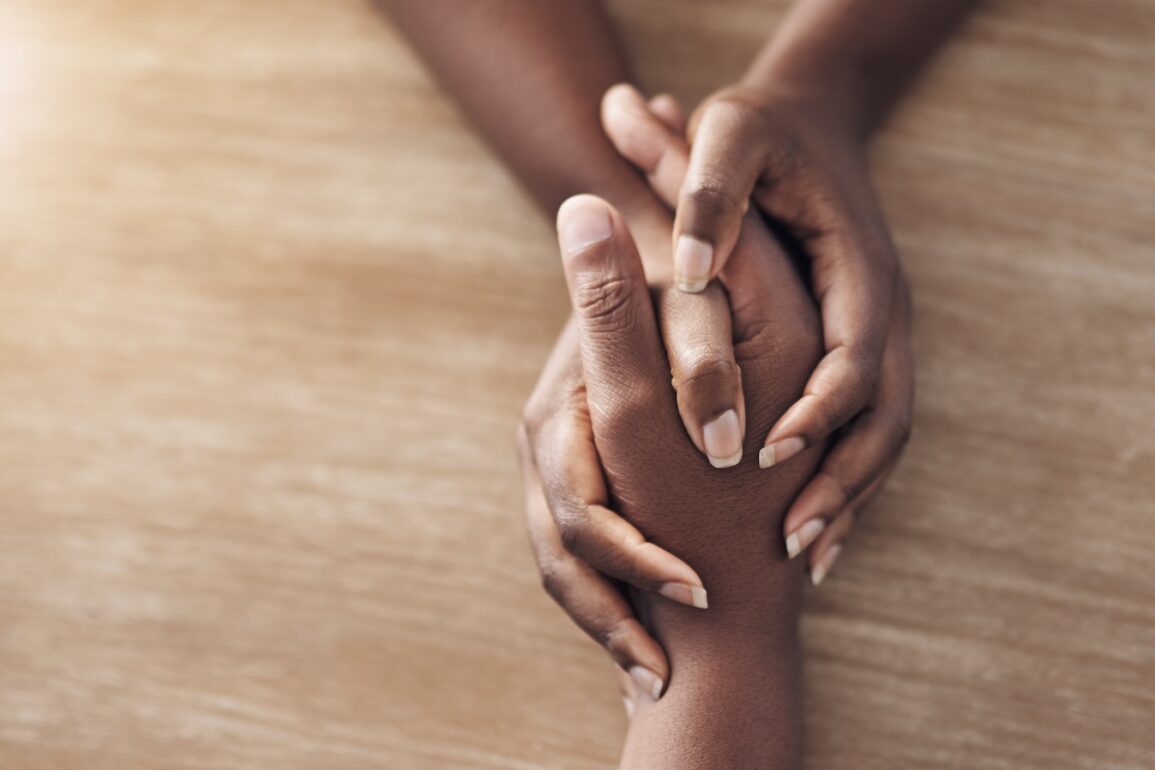
In 2024 finding information regarding self care and mental health, seems to be anything but difficult. In the technology driven society we live in, answers of all kinds are readily available through social media and search engine platforms. Wellness influencers and content creators heavily occupy our timelines offering advice or trending hacks to supply quick answers to our mental health concerns. But as advanced as social media may seem, receiving expert advice from a certified professional that is equipped to provide proven and effective advice is an option worth exploring. EBONY had the opportunity to speak with Karen Arrington, a Licensed Clinical Mental Health Associate (LCMHA) and National Certified Counselor (NCC) regarding current prevalent mental health concerns in the Black community and the gaps we should be especially mindful of.
Arrington shared her expert opinion, offering accessible resources to implement in support of anyone navigating mental health.
Social Media Usage
What initiated as a way to connect with others and network has spun into a consuming habit. The misuse and overuse of social media has hindered our ability to consider what’s happening consciously and subconsciously leading to negative thoughts centered in self comparison and doubt, distracting us from our own paths. In turn this further promotes hyper fixation, unrealistic expectations, and mental disorders including anxiety and depression. To combat, Karen recommends limiting daily usage and setting personal. Lastly, practicing mindfulness by intentionally deciding what accounts or content you engage with can support a healthier experience.
Mental Health Priority In The Workplace
Following the pandemic, greater awareness and acceptance of work-life balance grew into a movement. Though we still have a ways to go with restructuring the priorities of leadership, there are still ways to be empowered and reduce the rate of burnout. While every position is different, make finding moments for yourself a priority. What empowerment looks like will vary, common options involve taking earned paid time off, having a set start and end time for work, enforcing boundaries (‘no’ can be communicated in many ways), and making time throughout the work day to pour back into yourself. Strategic implementation has to be non-negotiable. As individuals we have to give ourselves permission to choose ourselves in the eye of burnout. Recognizing the signs of burnout prior to being too far gone is necessary.
Rest Is Your Right
If no one has told you, rest is your right. It isn’t something that has to be earned or something that you should be convincing yourself to do. The process of unlearning and reprogramming ourselves to walk away to recollect is a practice that is built. We are now hearing take the vacation, take your mental health or sick days, but we don’t talk about how hard it is to rewire/reprogram our beliefs, so we see the empowerment and hype around taking breaks and I think younger generations are becoming more comfortable with this idea, but the reality is that we are fighting against what we were taught growing up and what has been embedded in us and that’s challenging, but it’s worth the fight.


